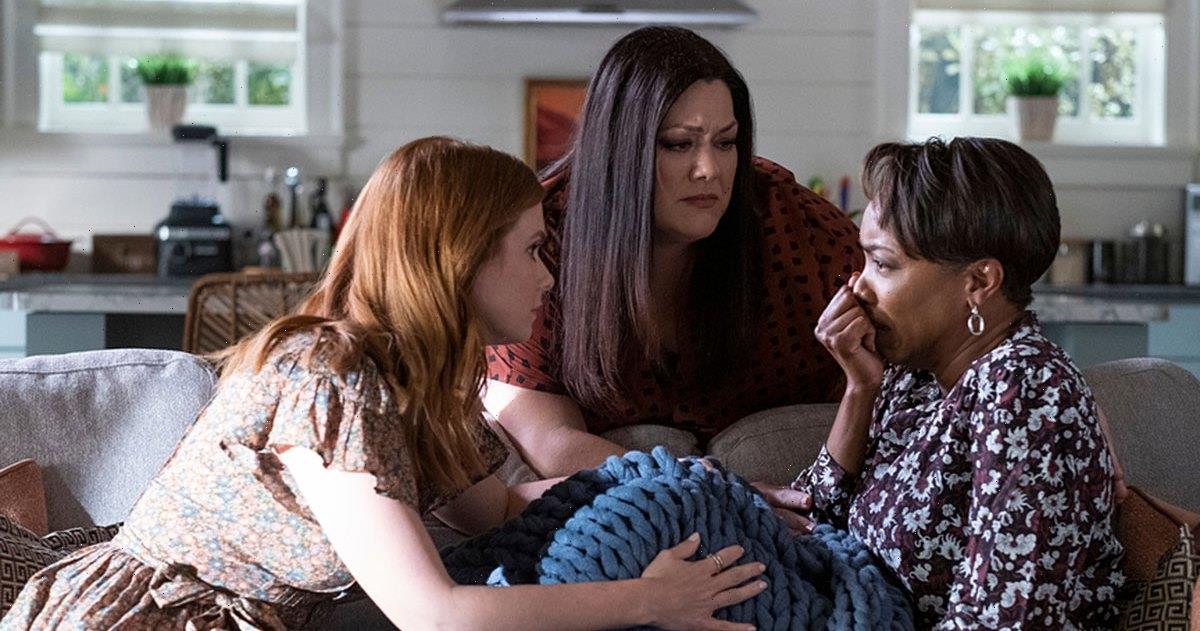High-profile employment lawyer Josh Bornstein says he is considering a renewed tilt for the Senate, having spent months being encouraged by forces within Labor, including party veteran Greg Combet, to run in the coming election.
In April Mr Bornstein withdrew from a hotly contested bid for Labor veteran Kim Carr’s ultra-safe Victorian Senate seat after The Australian ran a series of negative stories about historic posts Mr Bornstein had made on Twitter going as far back as 2013.
Josh Bornstein.Credit:Simon Schluter
Mr Bornstein told The Age he “put the campaign on ice” when it became clear the episode was threatening to distract from the preselection contest, which could drag out for months.
If Mr Bornstein re-enters the battle, he would face off against Australia’s longest-serving senator, who has represented Victoria for nearly 30 years.
Having dominated Victoria’s factional scene for two decades, Senator Carr’s authority has waned in recent years and he now lacks the factional support to contest the next election without a fight. One senior Labor figure said that “the only one backing Kim is [United Firefighters Union boss] Peter Marshall”.
Senator Carr declined to comment but has previously signalled his intention to recontest his position and confidence he has the numbers to win.
Mr Combet, who was ACTU secretary when he first met Mr Bornstein during the waterfront industrial dispute in 1998, said the lawyer would be a strong addition to the parliamentary party.
“The Labor Party needs to keep renewing and bringing fresh talent into the Parliament, and in terms of experience, commitment to the labour movement and capability, Josh would be a fantastic candidate for Labor to put forward for the Senate.”
Mr Bornstein, at his home in Melbourne.Credit:Simon Schluter
Labor’s national executive has preselected Victoria’s lower house candidates, but the question of its Senate candidates has been stalled for months. Ryan Batchelor, executive director of think tank the McKell Institute, has also been touted as a possible candidate for Senator Carr’s Socialist Left-held seat. The other Victorian Labor senator up for re-election this year, the right’s Kimberley Kitching, is not expected to face a concerted challenge.
Mr Bornstein, who is head of national employment and industrial relations at law firm Maurice Blackburn, said he had watched first-hand the erosion of workplace conditions under nearly a decade of Coalition government.
“I’ve been trying to fight the good fight with unions and employees for many years [and] I’ve had a lot of success, but my side is losing,” he said.
“The labour market has been de-unionised and is now subjected to frequent abuses, which we see more and more, and there hasn’t been any wage rise for almost a decade.
“Unions now operate under some of the most repressive laws in the OECD. I’ve been applying Band-Aids and assisting, and I’ve had some success in changing policy and law with some of my cases, but overall my side has been losing, and I think I could make a good contribution.”
Mr Bornstein has carved out something of a niche in Australian case law in recent years, with a large proportion of his clients women who have experienced gender-based bullying or sexual harassment at work.
Mr Bornstein speaks to the media in June 2020 about sexual harassment claims made against former High Court judge Dyson Hayden.Credit:Joe Armao
He acted for three women who reported having been sexually harassed by former High Court judge Dyson Heydon while working as his associates. The High Court instigated an independent inquiry which backed the women’s accounts and those of three other women. Mr Heydon denied the allegations. However, the Commonwealth has been negotiating a compensation claim by Mr Bornstein’s clients.
At the time the women worked for him, Mr Heydon was one of the most powerful men in the country. The independent investigation instigated by the High Court sent shockwaves through the legal community and beyond. Legal practices and courts undertook reviews into their complaints handling, a national conversation on women’s rights and powers in the workforce gathered pace, and a Commonwealth taskforce was launched to examine non-disclosure agreements, which have been criticised for silencing victims and protecting the identity of offenders.
Running the women’s case was a transformative experience, Mr Bornstein said.
“It’s galvanised a whole series of changes that hopefully will reduce gender inequality and reduce the incidence of sexual harassment,” he said.
“It also shows, despite a severe power imbalance, that women could still hold someone who was immensely powerful in one of the most intensely powerful institutions in our country to account … it’s been one of the most satisfying and important things I’ve ever done.”
Mr Bornstein estimates that half his practice is now individual workplace cases, a large proportion of which are women fighting sexual harassment or gendered workplace bullying. He has cases alleging sexual misconduct by judges in four separate court jurisdictions.
“We as a community have started to confront the harm, the psychological harm in particular, of unsafe workplaces, workplace bullying, sexual harassment, and sexual violence,” he said. “And that’s increasingly recognised by the law.
“It’s an area that’s grown as our understanding of gender inequality and sexual harassment has grown … I think the critical thing that’s changed is we’ve recognised the harm much more than previously, and that’s been reflected in much bigger compensation payments. I would think our team has probably recovered something between $15 and $20 million over the last decade.”
One of the social media posts Mr Bornstein attracted criticism for was a post in which, in the midst of a robust discussion, he asked a union leader whether she had misplaced her “chew toy”.
It’s a throw-away line he has used on others before, including former Labor leader turned One Nation MP Mark Latham, but the 56-year-old acknowledges it was a poor choice of words – particularly used against a woman.
If he did run for the Senate, he would rein in his at-times colourful social media commentary.
“It would be a very different situation,” he said.
“I operated online and in the media as something of a free agent and sometimes as a polemicist and provocateur and so on, and I recognise that couldn’t occur in Parliament. I’d be part of a team, I’d be part of a discipline, so it’ll be a big change. But I understand that, and I wouldn’t have said yes unless I’d thought that through and understood that would be a radically different environment in which to operate in. But I think I could still make a strong contribution.”
The Morning Edition newsletter is our guide to the day’s most important and interesting stories, analysis and insights. Sign up here.
Most Viewed in Politics
From our partners
Source: Read Full Article




